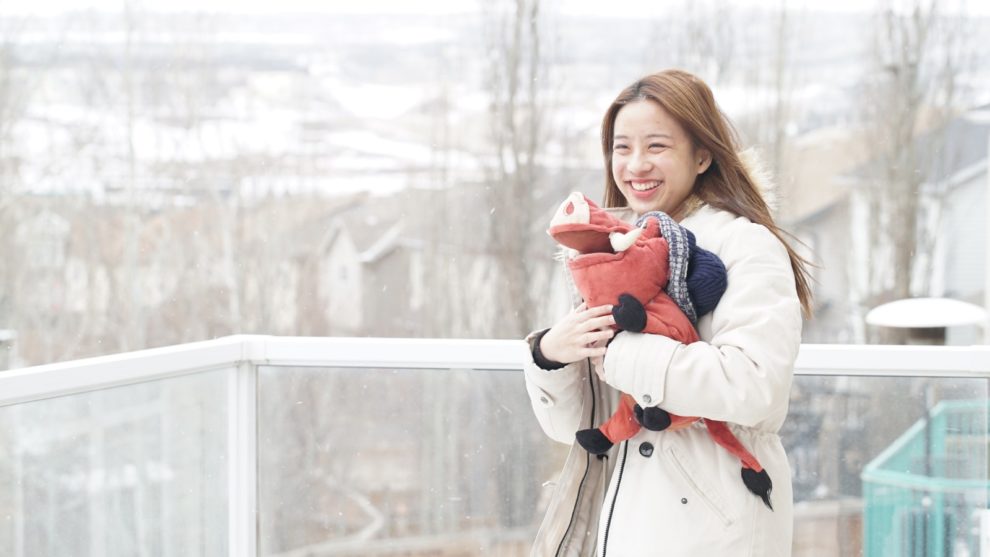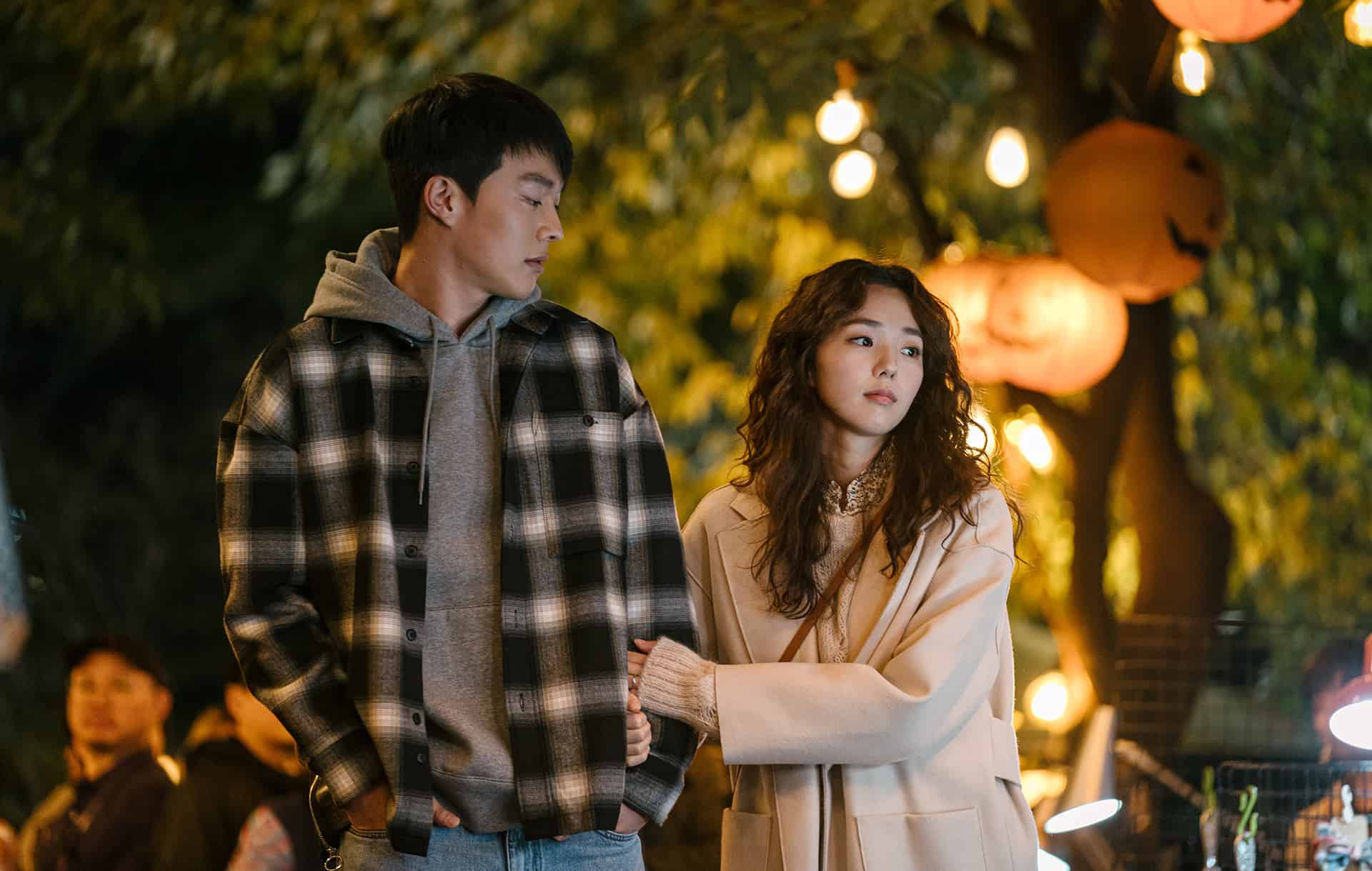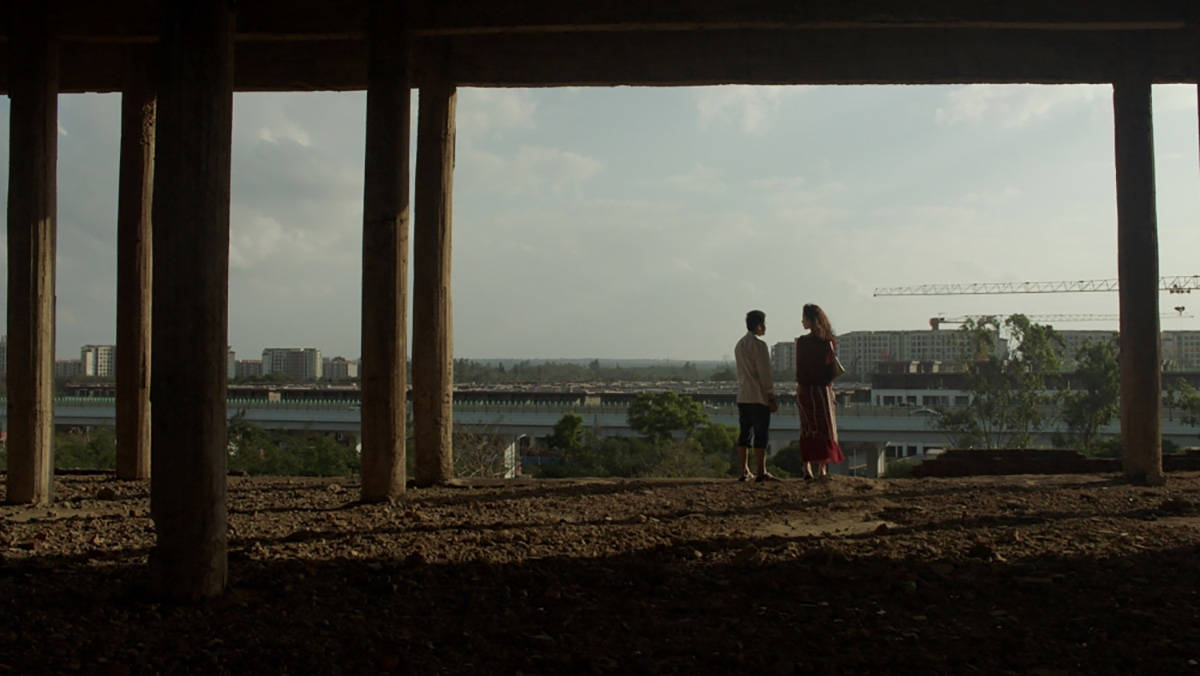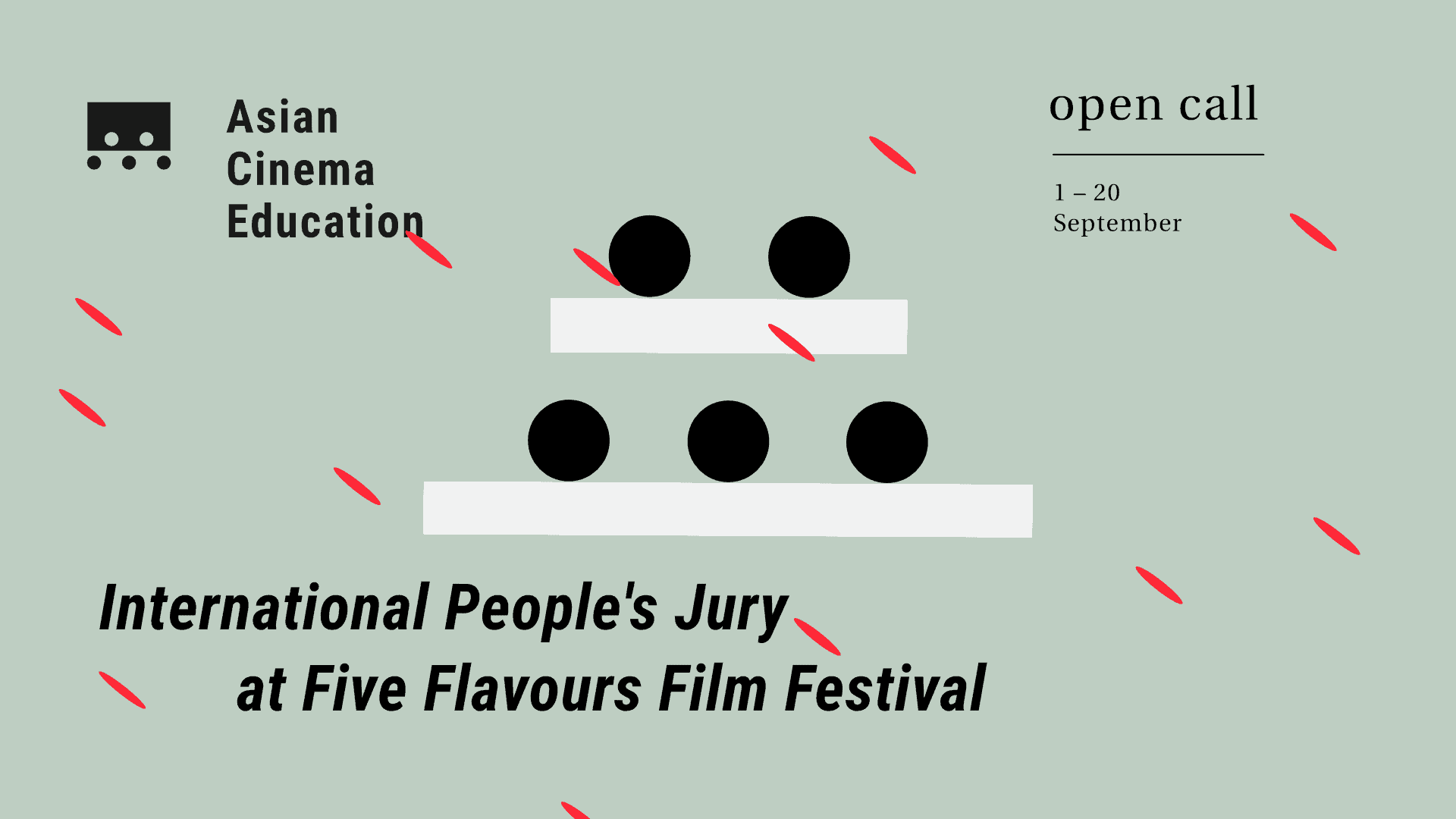A comparative literature and French graduate from the University of Hong Kong. She premiered her first feature documentary Road Not Taken (2016) in Hong Kong Independent Film Festival 2016. Road Not Taken was also screened in a series of overseas film festivals and local community screenings. Her first documentary short Midnight in Mong Kok (2014) was a finalist of the Open Category of the 21st ifva Awards and was also featured in some foreign film festivals. Lost in the Fumes, which was released in 2017, deals with Edward Leung
On the occasion of “Lost in the Fumes” screening at Five Flavours, we speak with her about Edward Leung and how she managed to make him open up, his current state in prison, not being able to screen the film in mainstream cinemas at Hong Kong, and her future projects.
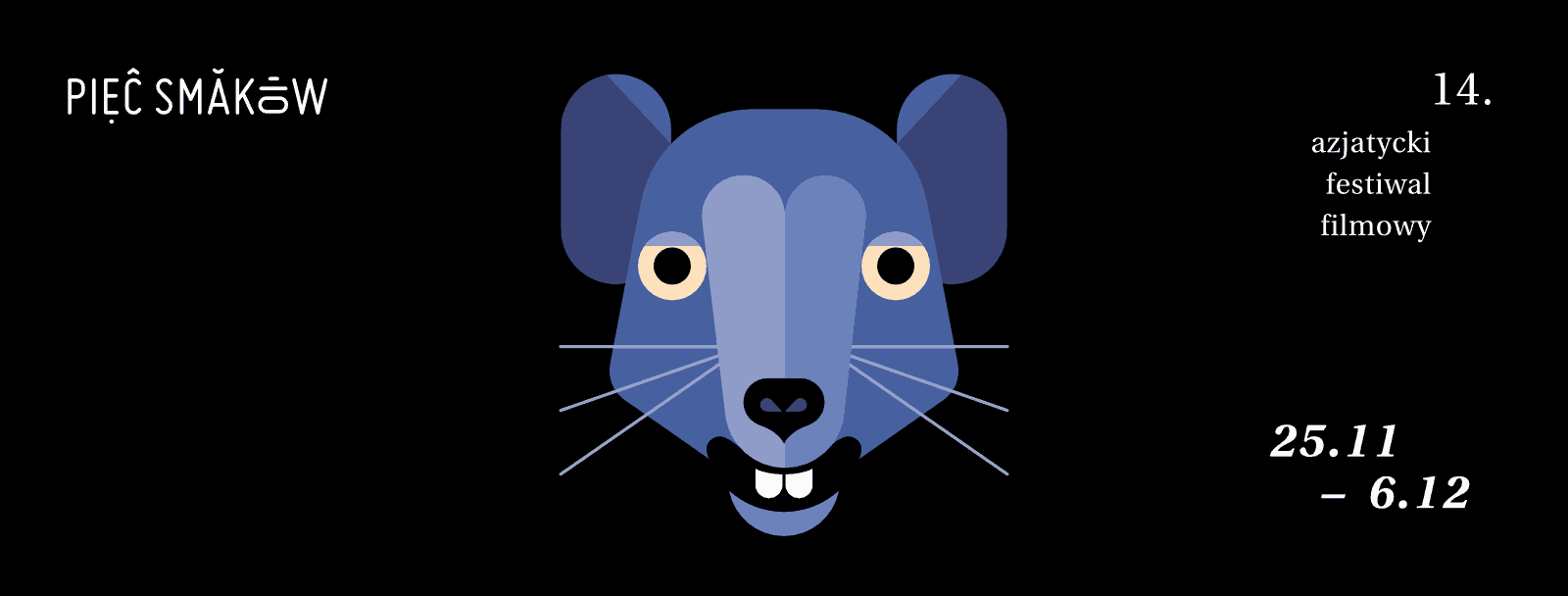
Why did you decide to shoot a documentary on Edward Leung?
In early 2016, I had just finished another feature documentary of mine. I was looking for a new project, and at that time Edward rose to fame quickly in a protest in Feb 2016. I went to his election rally and found the scene very touching. He is a young man with great charisma and good story telling skills. His emergence also represented an underlying change in the Hong Kong society, a new wave of young generation in politics. I could sense this would become a great story. So I approached him and asked if I could document his next election journey in summer 2016.
Edward Leung really opens up about himself in the documentary. Was it easy for you to gain this kind of trust, and how did you manage to get it?
No, it was hard at first. Edward didn't like cameras much, as he said in the documentary. But I guess eventually he got used to me and my camera's presence, and I used a very small crew; usually there was just me who followed him around. He also opened up more, when one time I said in public that I noticed how my young activist protagonist in my previous work had changed and became more sullen after becoming famous. He said he could relate to that. I guess he could feel I am someone with empathy and the ability to understand feelings.
After spending all that time with him, how would you describe him as a person? Why do you think he became so popular?
I think he is very intelligent, charismatic, and kind and innocent at heart. But he is also deeply troubled by stress and other's opinions of him. He had high standards and expectations of himself, and that's what made him miserable. Of course his popularity had a lot to do with his own personal attributes, but he was also one of the first activists who advocated such radical claims, and among the earliest who got prosecuted harshly by the government. These added to his fame and subsequent popularity.
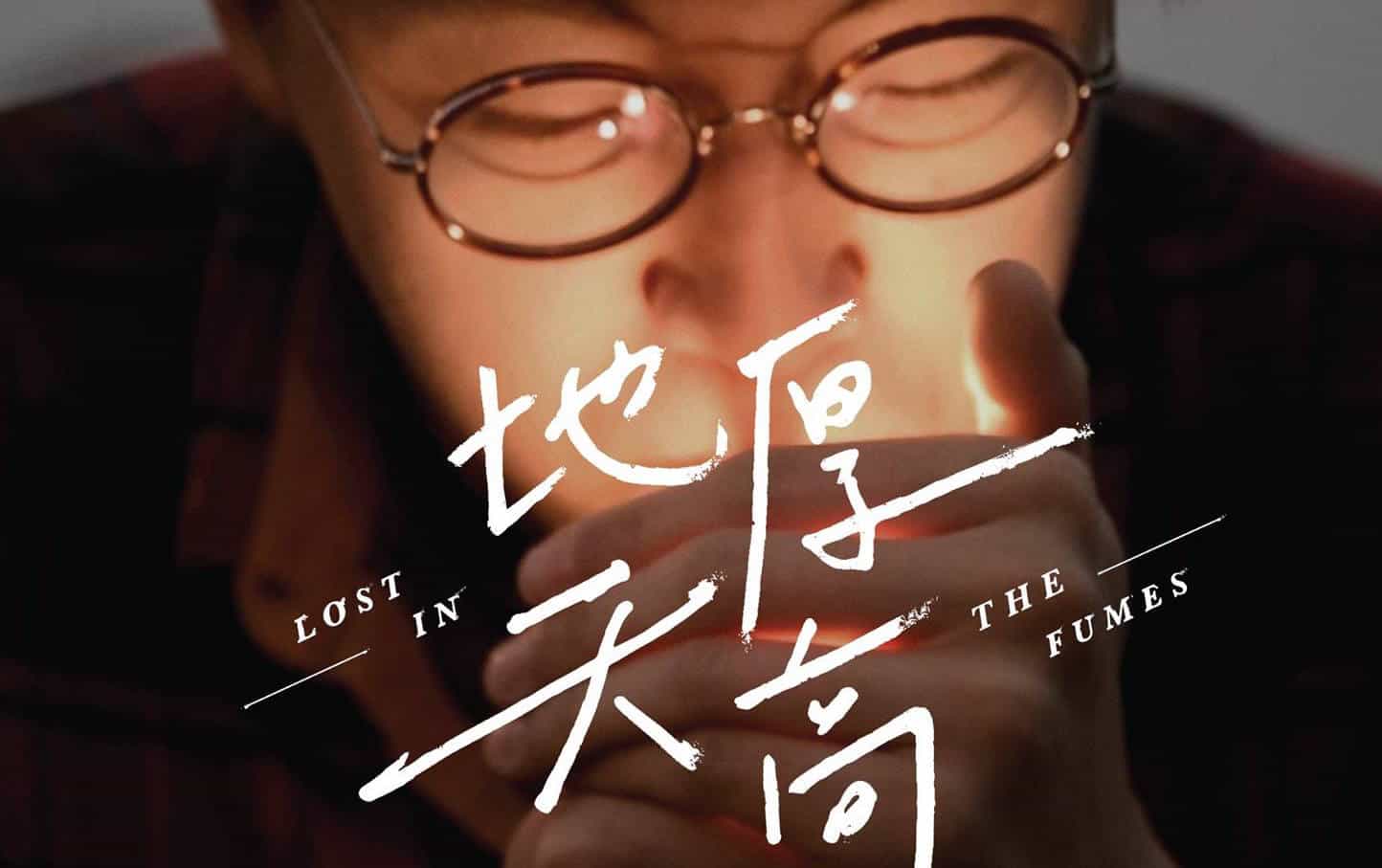
Do you still maintain contact with Edward now that he is in prison? Is he handling it? Do you have any thoughts on a sequel documentary after he is released?
I wrote letters to him from time to time. He never writes back to anyone outside prison, I heard that's because his correspondences are heavily monitored. But I also read from the news that he apparently is adapting to the prison life well. Personally, I want to explore filmmaking outside of documentary, and I have been making political documentaries for a long time. So I guess it's time to move on to new challenges. I think the story arc of “Lost in the Fumes” is already self-contained and should end at 2017. What happens to Hong Kong and the politics after that should belong to other documentaries. There are a lot of wonderful filmmakers working on that. I don't think I have anything particularly new or insightful to this narrative so far.
How much time did you spend shooting the documentary and how much time editing?
Shooting – almost a year. Editing – 9 months.
Were you disappointed that no mainstream HK cinema is willing to screen the film, since 2018?
Of course I was bitterly disappointed. Fortunately, the film had other channels to reach audience, through independent screenings, DVD and digital sales. I still wish for the day when we can watch political films in a mainstream commercial cinema though. But as the situation worsens in Hong Kong, I don't think that will happen anytime soon.
Are you working in anything new at the moment?
Yes, I am focusing on script-writing and fictional film directing right now. I am looking for opportunities to get my first feature film made, but it's not easy, especially with my background of controversial films. My current focus is on the romance genre, targeting at a younger audience, with an interest in female sexuality and gender. I think these are elements lacking in current Hong Kong cinema.


